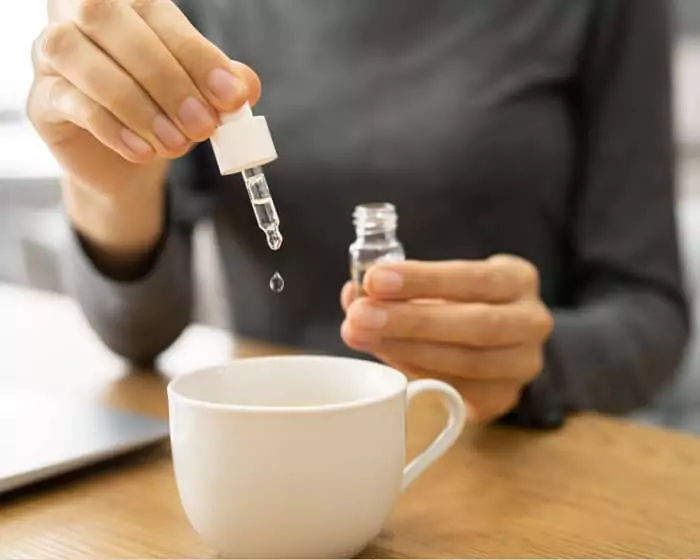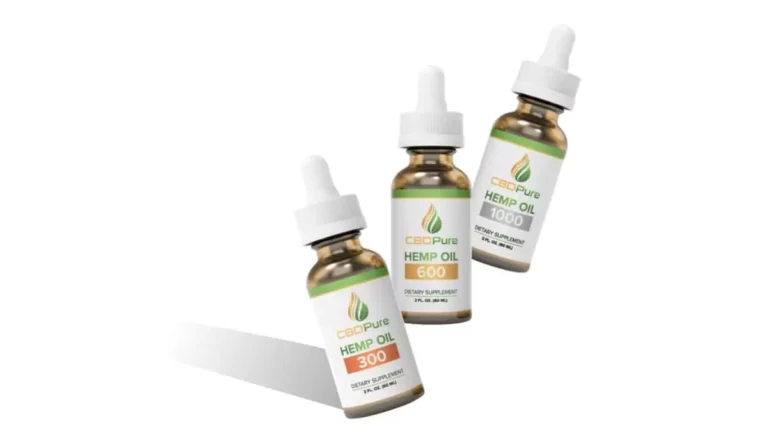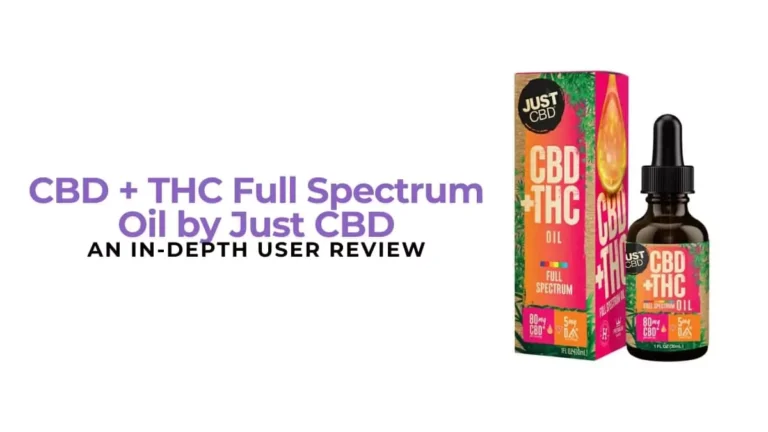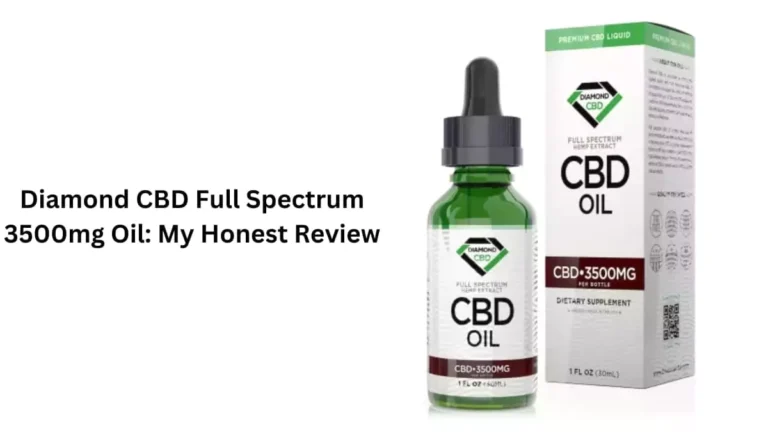Excessive CBD Oil Consumption: As the popularity of CBD oil continues to grow, so does the concern about its potential side effects. While CBD is generally considered safe, there is a concern that consuming too much of it could cause harm. In this article, we will explore the question of whether excessive CBD oil consumption can cause harm.
Table of Contents
What is CBD Oil?
CBD, short for cannabidiol, is a chemical compound derived from the cannabis plant. Unlike THC, the psychoactive compound in cannabis, CBD does not produce a “high” effect. CBD oil is made by extracting CBD from the cannabis plant and diluting it with a carrier oil such as hemp seed or coconut oil.
Is CBD Oil Safe?
The safety of CBD oil has been a topic of debate for some time. While CBD is generally considered safe, there are potential side effects associated with its use. These side effects may include:
- Fatigue
- Diarrhea
- Changes in appetite
- Changes in weight
- Dry mouth
- Dizziness
- Nausea
However, these side effects are generally mild and rare. In fact, a study published in the Journal Cannabis and Cannabinoid Research found that CBD oil was well-tolerated and had a good safety profile in humans.

Can Excessive CBD Oil Consumption Cause Harm?
While CBD oil is generally considered safe, there is concern that excessive consumption could cause harm. This is because CBD oil can interact with certain medications and may cause liver damage if consumed in large amounts.
In 2019, the U.S. Food and Drug Administration (FDA) issued a warning about the potential for liver injury associated with CBD use. The warning was based on a review of 25 clinical studies involving CBD, which found that CBD can cause liver injury in some cases.
It is important to note that the risk of liver damage is low when CBD is used in recommended doses. However, it is still possible to consume too much CBD, especially if you are taking multiple doses throughout the day.
Symptoms of CBD Overdose
Symptoms of CBD overdose may include:
- Nausea
- Vomiting
- Fatigue
- Dizziness
- Changes in appetite
- Changes in weight
- Diarrhea
If you experience any of these symptoms after taking CBD oil, you should stop using it immediately and consult with your healthcare provider.
How Much CBD Oil is Too Much?
There is no specific amount of CBD oil that is considered too much. The optimal dose of CBD oil varies depending on a variety of factors, including:
- Age
- Weight
- Health conditions
- Medications
- Tolerance
As a general rule, it is recommended that you start with a low dose of CBD oil and gradually increase it until you achieve the desired effect. It is also important to follow the manufacturer’s instructions and consult with your healthcare provider before using CBD oil.
Excessive CBD Oil Consumption: FAQs
1. Can CBD Oil Cause Addiction?
No, CBD oil is not addictive and does not have the same psychoactive effects as THC, which is the compound found in marijuana that causes a “high.”
2. Can You Overdose on CBD Oil?
There have been no reported cases of fatal CBD oil overdoses. However, consuming excessive amounts of CBD oil can lead to unpleasant side effects.
3. Is It Safe to Take CBD Oil with Other Medications?
It is important to consult with a healthcare professional before taking CBD oil with other medications, as CBD oil can potentially interact with certain medications, including blood thinners and seizure medications.
Excessive CBD Oil Consumption: Conclusion
In conclusion, while CBD oil is generally considered safe, excessive consumption can cause harm. This is particularly true if you are taking multiple doses throughout the day or if you are taking other medications that may interact with CBD. If you experience any symptoms of CBD overdose, you should stop using it immediately and consult with your healthcare provider.
If you are considering using CBD oil, it is important to do your research and consult with your healthcare provider. They can help you determine whether CBD oil is right for you and what the optimal dose is.




[…] CBD oil is typically extracted from the hemp plant using a CO2 extraction method. This method involves using high-pressure carbon dioxide to extract the oil from the plant. The resulting oil is then mixed with a carrier oil, such as coconut oil or hemp seed oil. […]